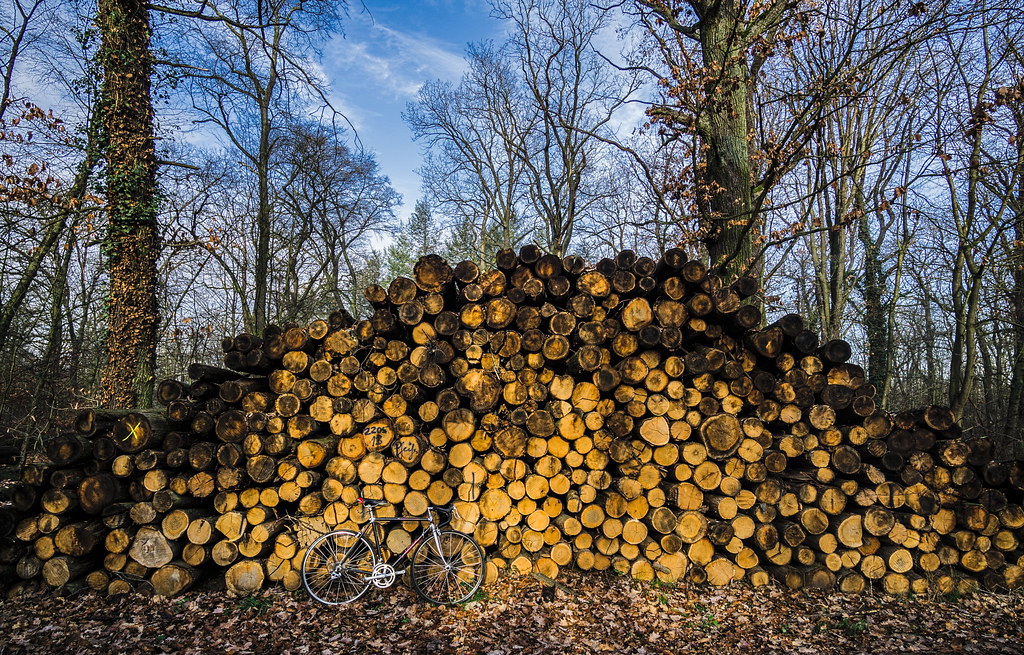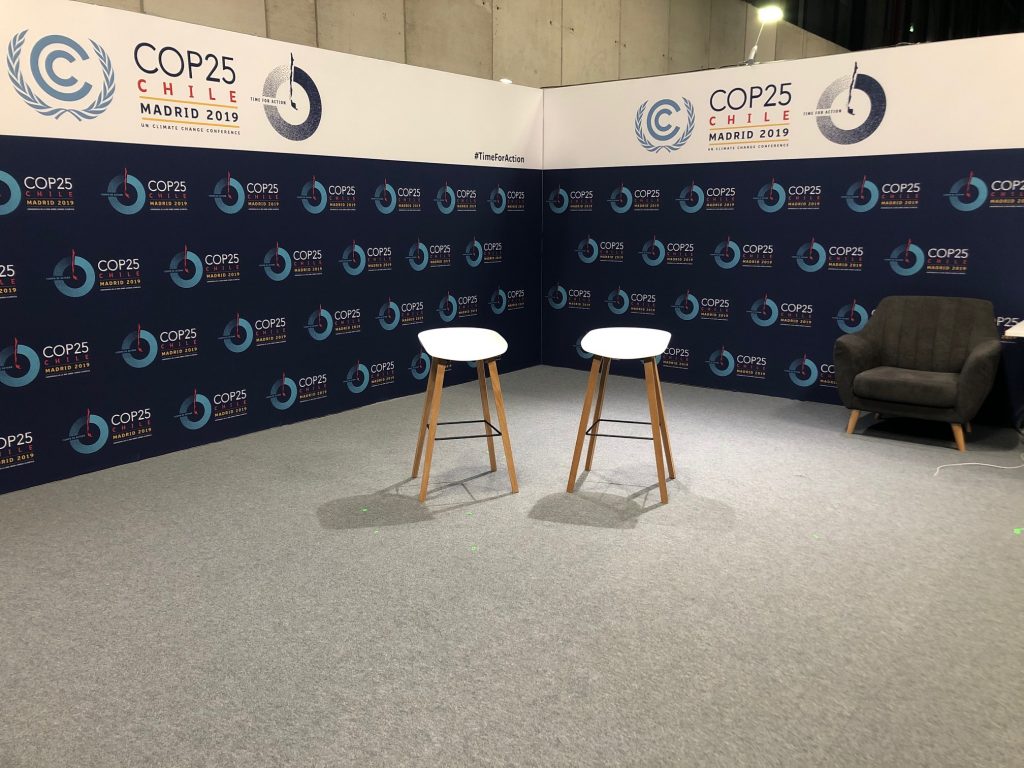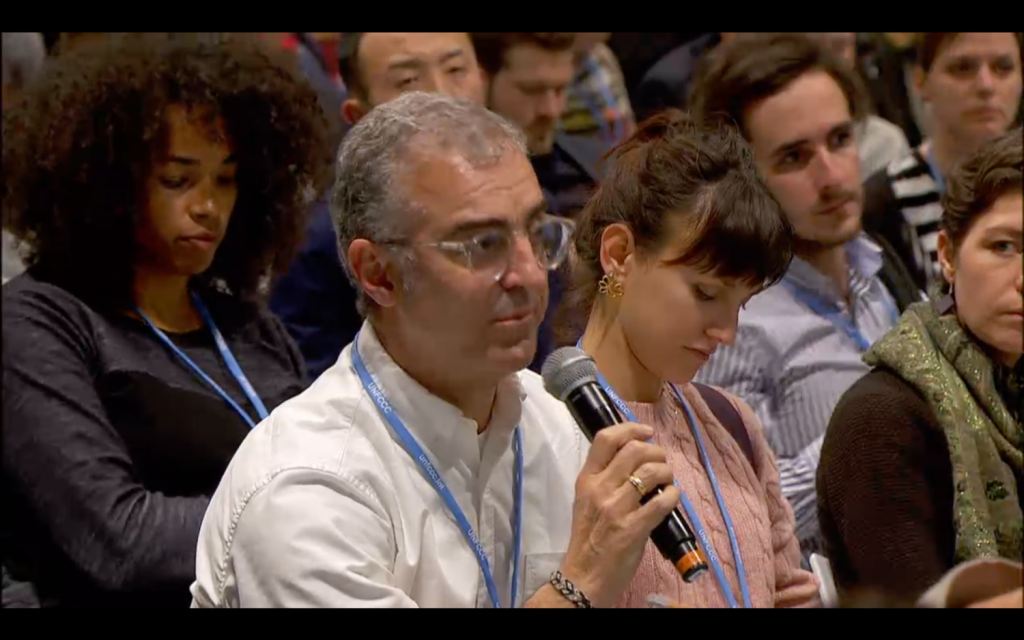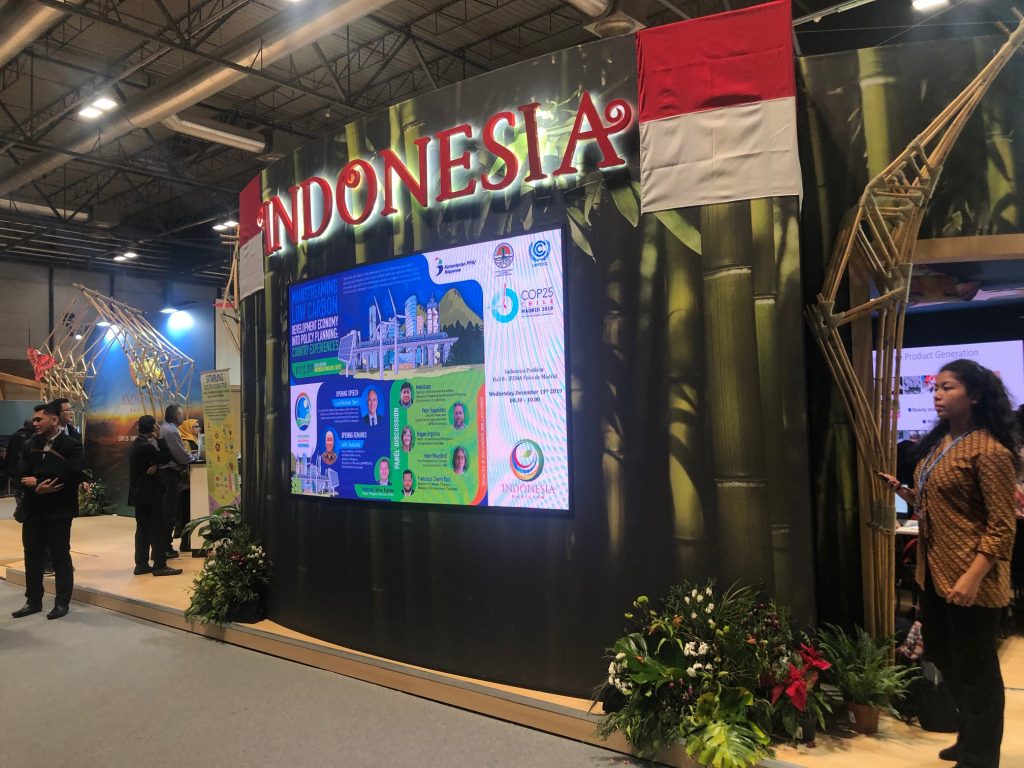
Logged trees for biomass in Bischofsheim, Germany. Image by 7C0 via Flickr (CC BY 2.0)
This story describes the final revisions to a multi-year process in the European Union that led to a largely status quo rendering of the European Union’s Renewable Energy Directive, especially as it applies to burning forest biomass for energy and heat as a means of reducing coal burning.
Before the debates in Brussels even got started in earnest in 2021, hoped was raised in Madrid, Spain, at the end of the United Nations climate summit, COP25, when Frans Timmermans, the Dutch politician who is the EU’s top environmental minister, answered a question of mine regarding biomass energy and whether not counting emissions at the smokestack was skewing emission-reduction accounting. Timmmermans’ response — that it was time to take a close look at regulations regarding biomass because new science had emerged — sent a wave of hope through European forest advocates.
If Timmermans was willing to follow the science, they reasoned, certainly changes were possible that would protect native forests, reduce or eliminate subsidies for purchasing wood pellets, and most importantly, reverse the science-challenged definition of woody biomass as a renewable energy source equal to zero-carbon wind and solar. Australia made this definition change policy in December 2022.
After two years of intense lobbying, special documentaries, investigative reporting, overwhelming public opposition, letters signed by hundreds of EU scientists and clear evidence that exchanging coal for wood is not only adding to deforestation globally but adding to emissions as well, the changes in the third iteration of RED are minimal — at best. My story explains the details. This quote captures the alarm and disappointment:
“The revised RED is not based on advancing scientific or even pragmatic insights as we fought and hoped for years,” Fenna Swart, a forest advocate with The Netherlands’ Clean Air Committee, told Mongabay. “It is only a political solution for key stakeholders… for an unsolved global problem.” Stakeholders who benefit, she said, include northern European member states with large harvestable forests such as Sweden and Finland, and the forestry and energy industries.

As I witnessed during a reporting trip to the North Carolina coast in November 2022, native forests are falling at a constant and growing rate to enable Marylond-based Enviva, the world’s largest maker of wood pellets, to meet accelerating demand for wood pellets in Europe, the United Kingdom and Asia — all because of deeply flawed national policies at the worst possible time in the climate crisis. Deforestation in harvest areas of North Carolina is estimated at 6 percent a year and will only increase an Enviva’s wood pellet production doubles by 2027. This photo of mine is of Enviva’s smallest plant in Ahoskie, NC.










